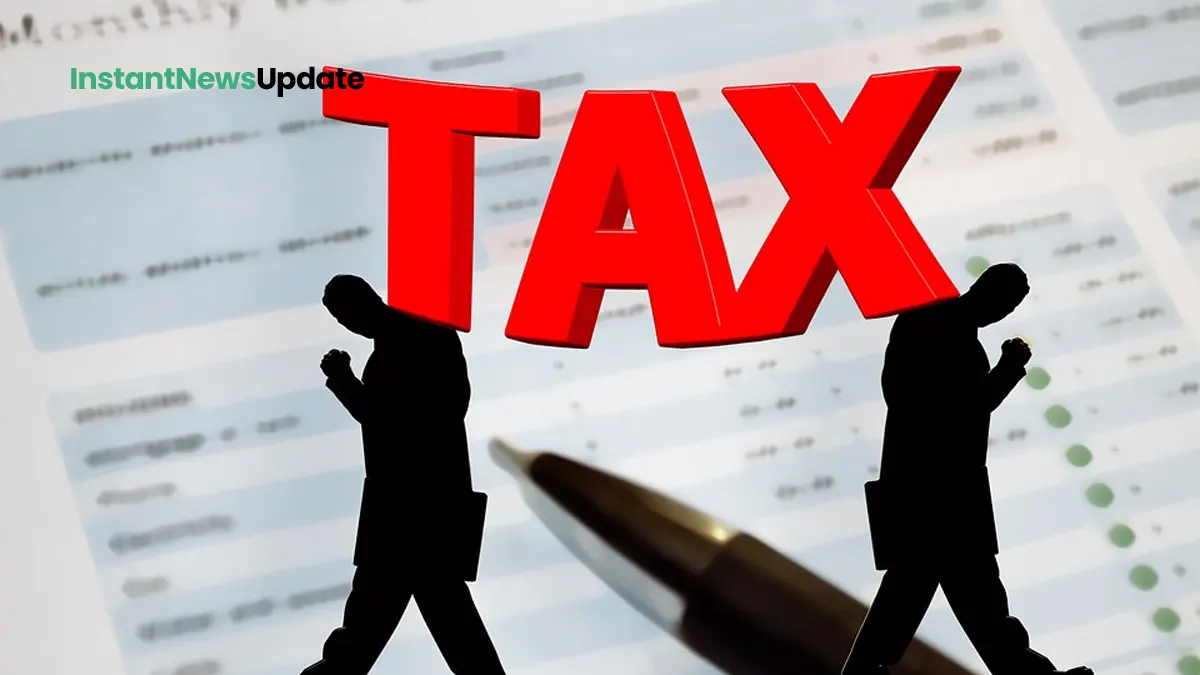Introduction
A growing number of landlords are making the decision to sell their properties, marking a significant shift in the buy-to-let landscape. This trend is driven by a confluence of factors, including rising taxes, increased mortgage costs, legal uncertainties, and impending legislative changes. These challenges have prompted landlords to reevaluate their investments and exit the market, raising questions about the future of the rental sector.
Higher Mortgage Costs
Landlords are grappling with higher mortgage costs as interest rates have risen, leading to a considerable impact on their profit margins. Over the past two years, the average two-year buy-to-let fixed-rate mortgage has surged from 2.94% to 6.63%. This escalation in mortgage rates has compelled landlords to recalculate the viability of their investments, particularly for those with interest-only mortgages. Despite these challenges, some landlords have found partial relief in the growth of average rents, which have risen from £1,029 to £1,243 a month.
Taxation Woes
The landmark tax changes introduced in 2016 by former Chancellor George Osborne have dealt a blow to landlords’ financial prospects. The imposition of a 3% stamp duty surcharge on second home purchases and reductions in tax relief on mortgage interest have significantly affected landlords’ bottom lines. The transition from deducting mortgage expenses from rental income to a tax credit based on 20% of mortgage interest payments has further eroded profits, leading many landlords to reconsider their investment portfolios.
Uncertainty Surrounding EPC Laws
Landlords are grappling with uncertainty stemming from Energy Performance Certificate (EPC) regulations. Proposed plans require privately rented homes to achieve at least an EPC rating of C by 2028, which has raised concerns about upgrade costs and feasibility. Although consultations on these proposals concluded over two years ago, the government’s response is still pending, leaving landlords in a state of ambiguity regarding potential upgrades and deadlines.
The Renters (Reform) Bill
Uncertainty surrounding the Renters (Reform) Bill has also contributed to landlords’ decisions to sell. Concerns about the potential slow processing of possession claims post-Section 21 and difficulties in regaining property possession for legitimate reasons have fostered unease among landlords. While some fear a drawn-out process for reclaiming properties involving issues like anti-social behavior or substantial rent arrears, experts advise landlords to monitor developments while exercising caution in their tenant selection process.
Conclusion
The dynamics of the buy-to-let market are undergoing significant shifts due to a combination of higher mortgage costs, taxation changes, uncertainty over EPC regulations, and apprehensions about the Renters (Reform) Bill. These factors have driven an increasing number of landlords to sell their properties. While it remains to be seen how these challenges will continue to reshape the rental sector, landlords are advised to carefully assess their investments and adapt to a changing landscape.









